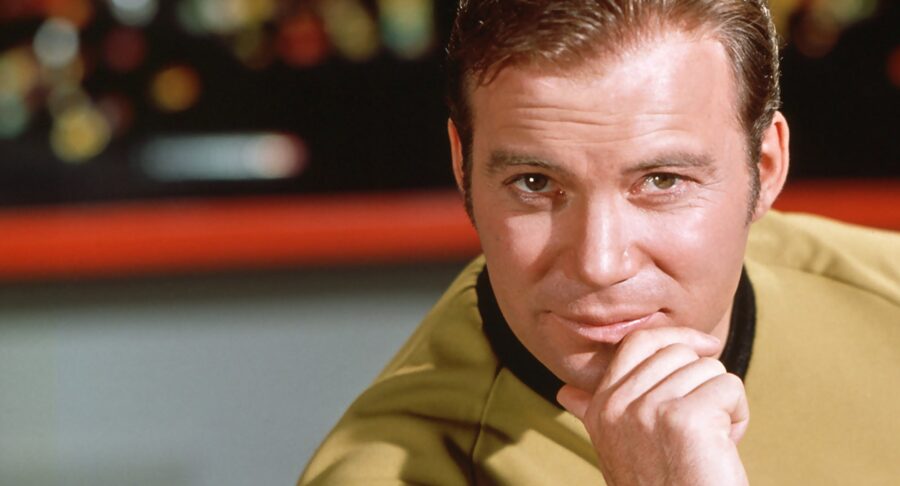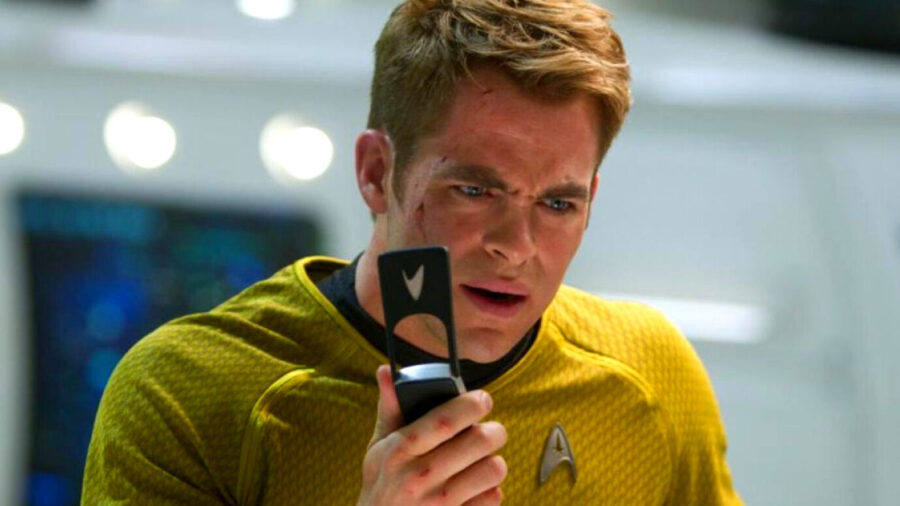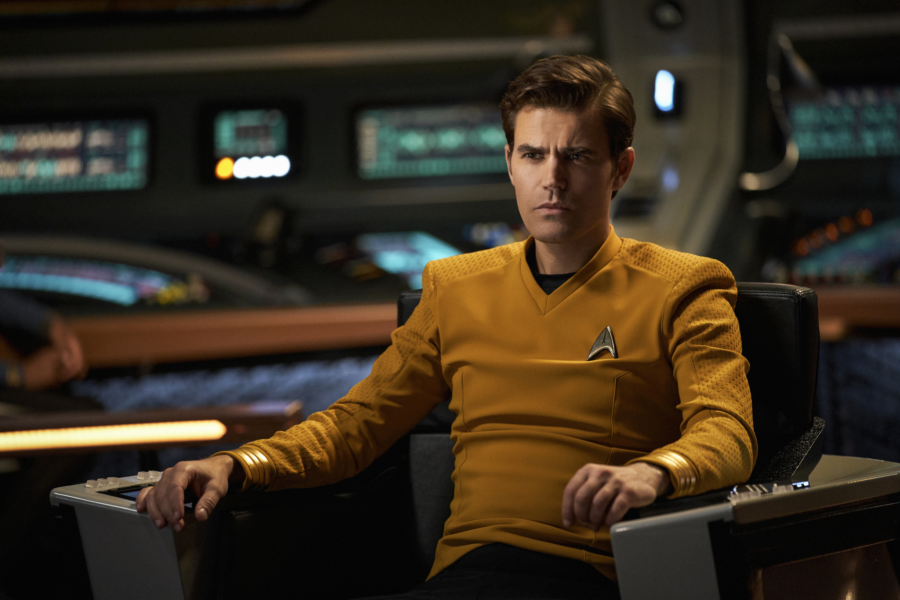Captain Kirk Is Nothing Like His Reputation

Captain Kirk has a reputation that has transcended Star Trek and entered into pop culture legend. Even those who have never watched an episode of The Original Series will confidently tell you who Kirk is: a rule-breaking rebel who only stops flouting the Prime Directive in order to get yet another exotic woman in bed. But here’s something that hardcore Trek fans know that you might find shocking: the real Captain Kirk we see onscreen is nothing like his reputation.
Most of the biggest stereotypes regarding Kirk occurred after Star Trek: The Next Generation premiered. That show’s Captain Picard was presented as an intellectual diplomat for whom violence was always the last resort (at least, until the Paramount films tried to turn Picard into a bored action hero). When comparing him to Picard, it was now easier than ever for the public to see Captain Kirk as a cowboy rebel…the kind of opposite number of the cool-headed Picard.
But here’s something that hardcore Trek fans know that you might find shocking: the real Captain Kirk we see onscreen is nothing like his reputation
However, Star Trek: The Original Series establishes Captain Kirk as much more intellectual than the comparisons to Picard would suggest. In The Original Series episode “Where No Man Has Gone Before,” we hear from Kirk’s best friend Gary Mitchell that back at Starfleet Academy, Kirk had a reputation as “a stack of books with legs.” Interestingly, this was during a time when Kirk (then just a lieutenant) was a teacher, and Mitchell says that “the first thing I ever heard from an upperclassman was, watch out for Lieutenant Kirk…In his class, you either think or sink.”
The Original Series timeline can sometimes be hard to figure out (though not quite as hard as figuring out the stardate system), but if Captain Kirk was such a hardass nerd when teaching at Starfleet Academy, it’s reasonable to assume he was like this as a student, too. Compare that to Picard, who didn’t get his life together until he nearly got killed in a drunken barfight (something we see in the TNG episode “Tapestry”). As you can tell, the pop culture stereotypes about both captains are often very incorrect.

Another major Captain Kirk stereotype (one reinforced heavily by J.J. Abrams’ 2009 Star Trek reboot) is that the captain is a relentless ladies’ man who tries to sleep with as many ladies as possible (and the greener, the better). But the Kirk of The Original Series smooches fewer ladies than you might think, and there are usually mitigating circumstances ranging from mind control to amnesia to Kirk trying to charm info away out of his captors.
Some of the stereotypes surrounding Captain Kirk are also tethered to the acting reputation of William Shatner.
Romantic love for Kirk is rare, and he’s not afraid of commitment: in The Wrath of Khan, we find out that the only reason Captain Kirk stayed away from Carol Marcus and their son David is because Carol asked him to stay away. Love has also left the captain traumatized on occasion, like in The Original Series episode “City On the Edge of Forever,” where he falls in love with a woman whom he had to let die in order to save the future from Nazis.
And in Star Trek: Generations, we discover Captain Kirk was nearly willing to leave Starfleet out of his love for a woman named Antonia: he always regretted choosing his career instead of asking Antonia to marry him. We submit that these are not the actions of a guy just out to sleep with every new woman he encounters.

Some of the stereotypes surrounding Captain Kirk are also tethered to the acting reputation of William Shatner. For example, the infamous “KHANNNNNNNN!!!!!!” scream in Wrath of Khan is often held up as evidence of both Kirk’s impulsive anger and Shatner’s impulse to overact, but think back to this scene: Kirk has already started speaking to Spock in code to make a spying Khan think repairs will take longer than they really will. Acting out of control with rage is actually just a way of selling this lie to Khan, which is why Kirk is the portrait of calm when revealing his subterfuge to Carol Marcus and the others.
Ultimately, Captain Kirk is a larger-than-life character, and he now enjoys a pop culture reputation that overshadows the truth of his character.
The final stereotype of Captain Kirk is that he’s a rebel who doesn’t think the rules apply to him, but that’s not entirely true: while Kirk isn’t afraid to cheat during the Kobayashi Maru test or even steal the Enterprise to save Spock’s life, he’s also always prepared for the consequences. Back at the Academy, he knew he was as likely to be reprimanded for cheating as he was to be commended, and he was ready to accept the school’s judgment. And he willingly accepted a demotion (from admiral to captain) for his crime of stealing the ship…not the actions of someone who thinks the rules don’t apply to him.
Ultimately, Captain Kirk is a larger-than-life character, and he now enjoys a pop culture reputation that overshadows the truth of his character. Now, though, with shows like Strange New Worlds giving us more background on Kirk as a younger man, it’s more important than ever for fans to see who this legendary captain really was. Until that happens, though, it seems getting his public reputation restored is the one “no-win scenario” that even Captain Kirk can’t find a way to beat.












